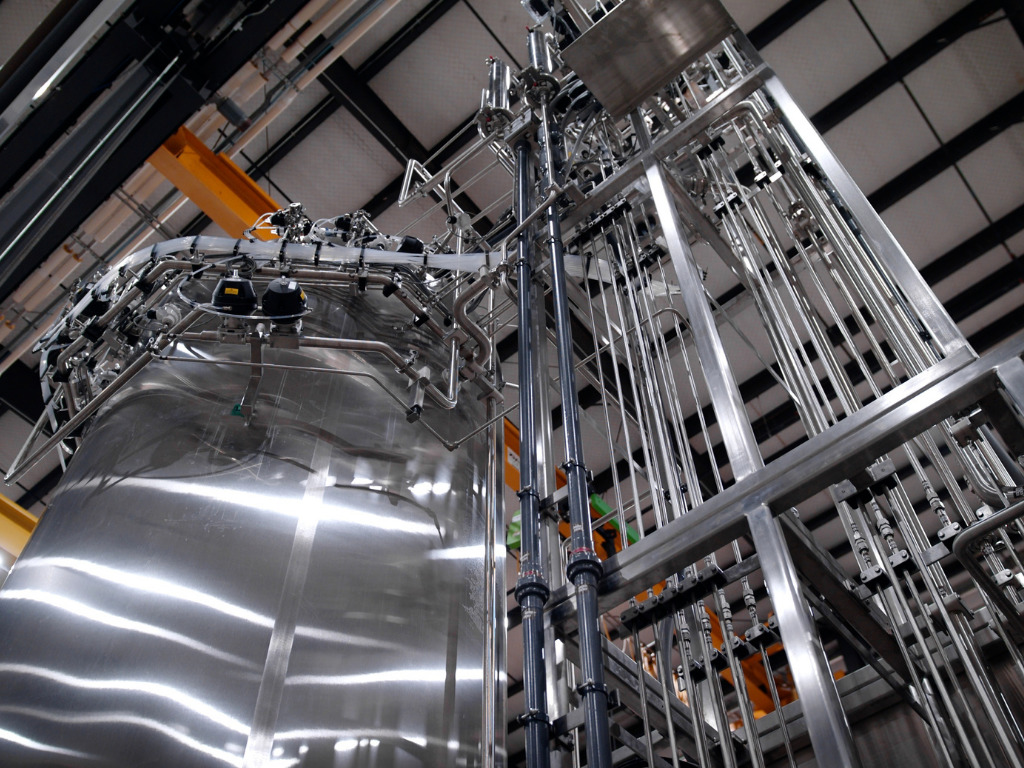The Purpose and Importance of FDA Food Facility Registration
The FDA Food Facility Registration is a critical regulatory measure instituted by the United States Food and Drug Administration (FDA) to ensure the safety and security of the nation’s food supply. This registration process, which began in the wake of the Bioterrorism Act of 2002, mandates that domestic and foreign facilities engaged in the manufacturing, processing, packing, or holding of food for consumption in the U.S. must register with the FDA. The primary purpose of this requirement is to allow the FDA to quickly identify and locate food facilities during foodborne illness outbreaks or bioterrorism events, thereby enabling timely and effective responses to protect public health.
Who Needs to Register and How the Process Works
FDA Food Facility Registration is mandatory for a wide range of entities involved in the food supply chain. This includes manufacturers, processors, packers, and holders of food products intended for consumption in the United States, whether they are domestic or international facilities. The registration process is straightforward, typically involving the submission of basic information about the facility, such as its name, address, and the types of food products handled. This information must be updated every two years to ensure the FDA has current data, and any significant changes to the facility’s operations or ownership must be reported promptly.
Benefits and Obligations of FDA Food Facility Registration
Registering with the FDA provides several benefits for food facilities, along with specific obligations. One of the key benefits is enhanced credibility and trust with consumers and trading partners, as registration demonstrates a commitment to complying with food safety regulations. Moreover, registered facilities are more easily integrated into the FDA’s safety monitoring and inspection programs, which can help prevent issues before they escalate into significant problems. However, with these benefits come responsibilities, including maintaining accurate and up-to-date registration information, adhering to good manufacturing practices, and being prepared for periodic FDA inspections.
Challenges and Compliance Strategies
While the FDA Food Facility Registration process is essential for public health, it can present challenges for some facilities, particularly small and foreign entities that may lack familiarity with U.S. regulatory requirements. Common challenges include understanding the specific registration requirements, navigating the FDA’s online registration system, and keeping abreast of regulatory updates. To address these challenges, facilities can employ several compliance strategies. These include seeking guidance from FDA resources, engaging regulatory consultants, and implementing robust internal systems for tracking and managing compliance-related activities. By adopting these strategies, facilities can ensure they remain compliant with FDA requirements and contribute to the overall safety of the food supply chain.









